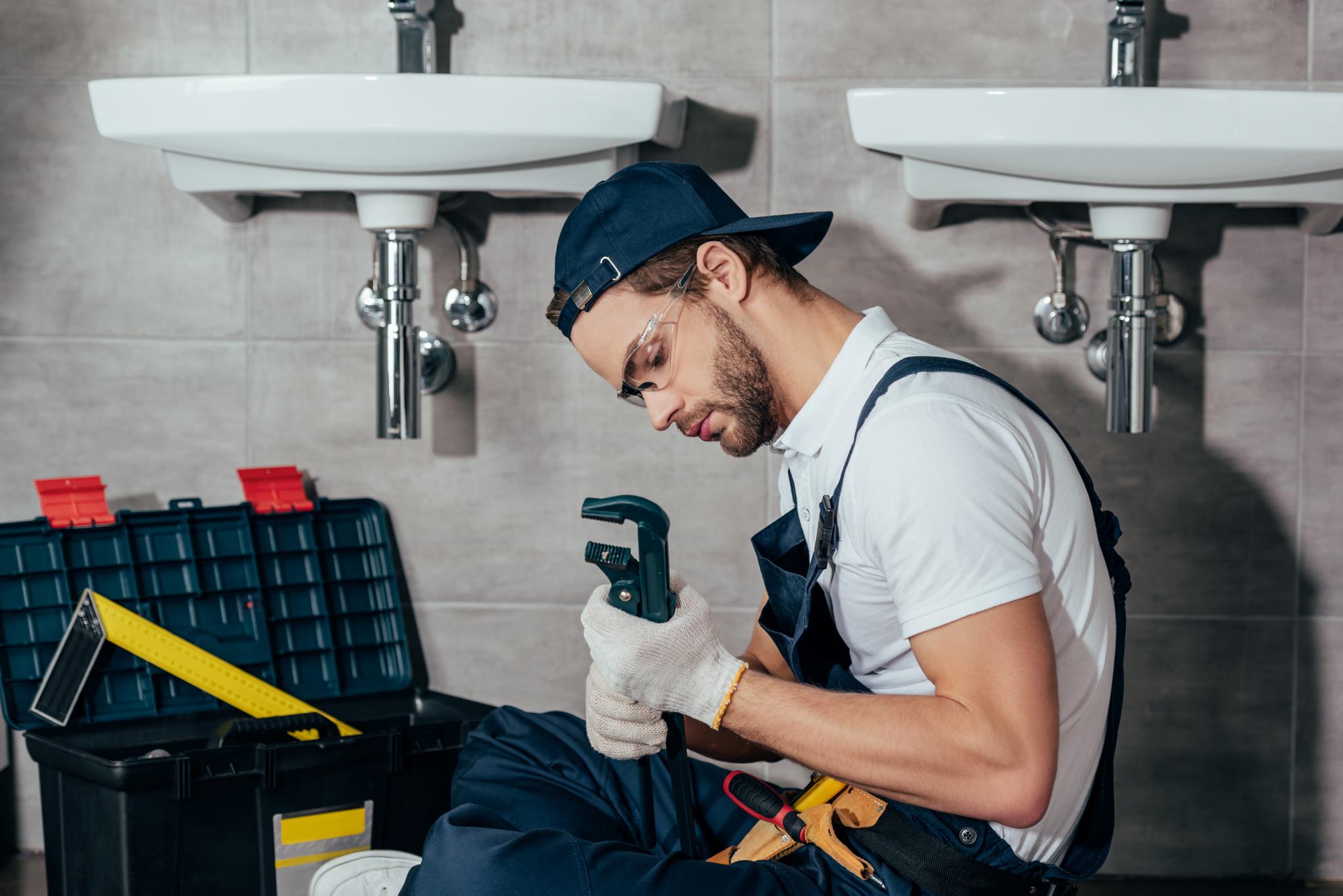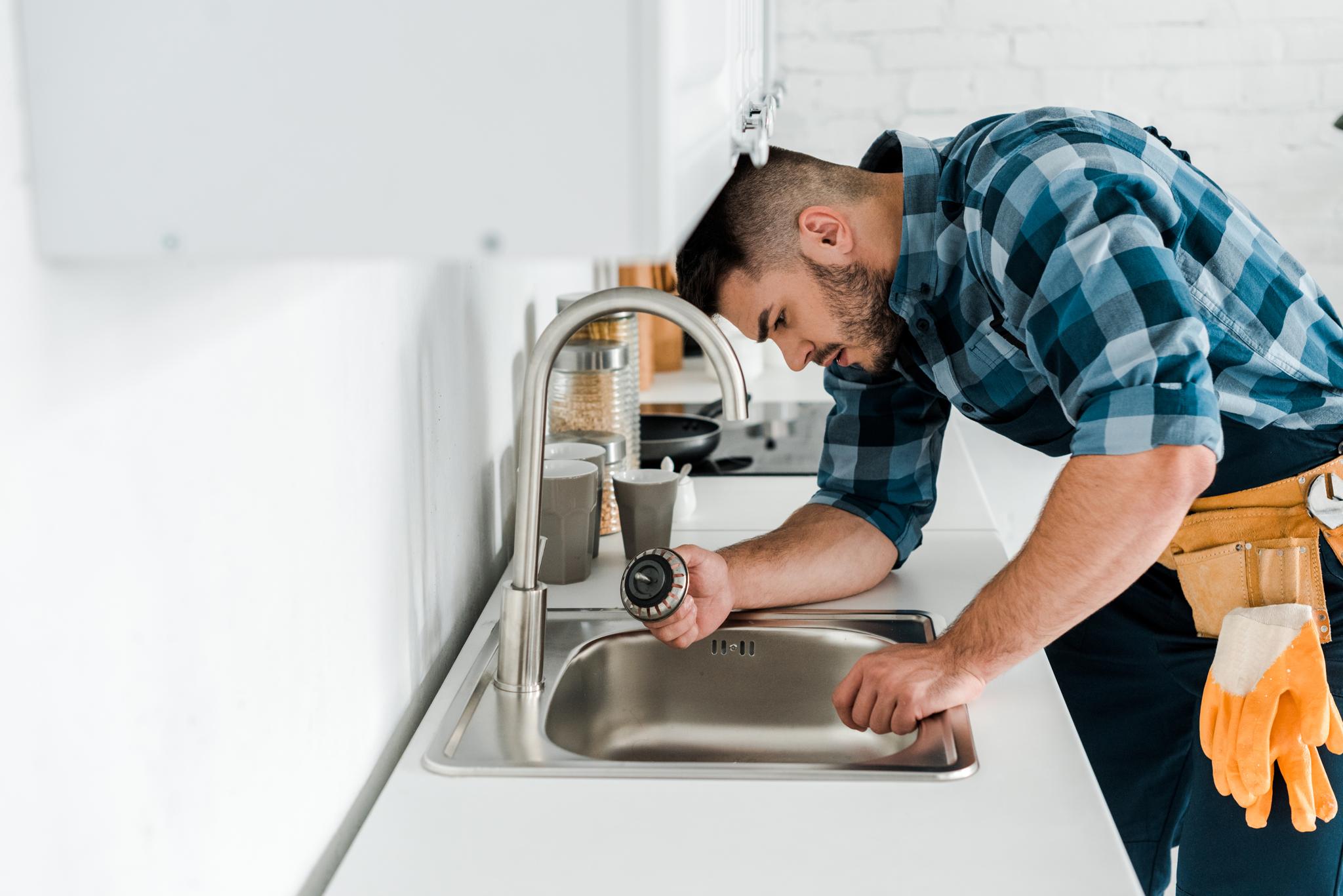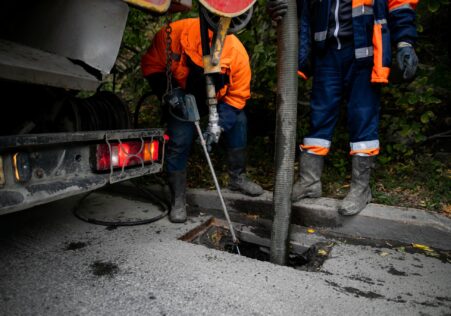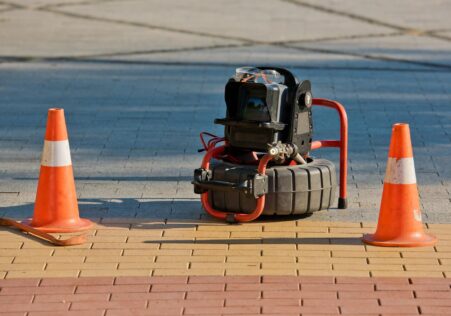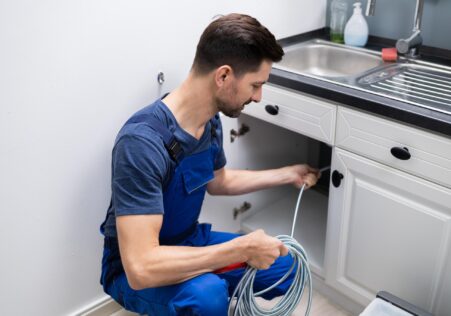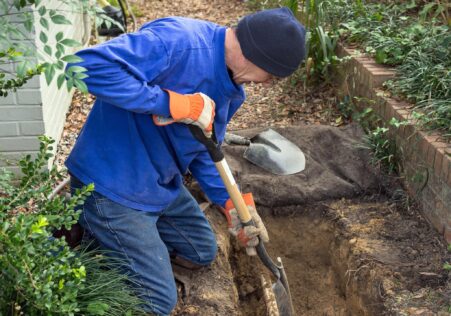How to Keep Your Drains Clean and Prevent Future Blockages
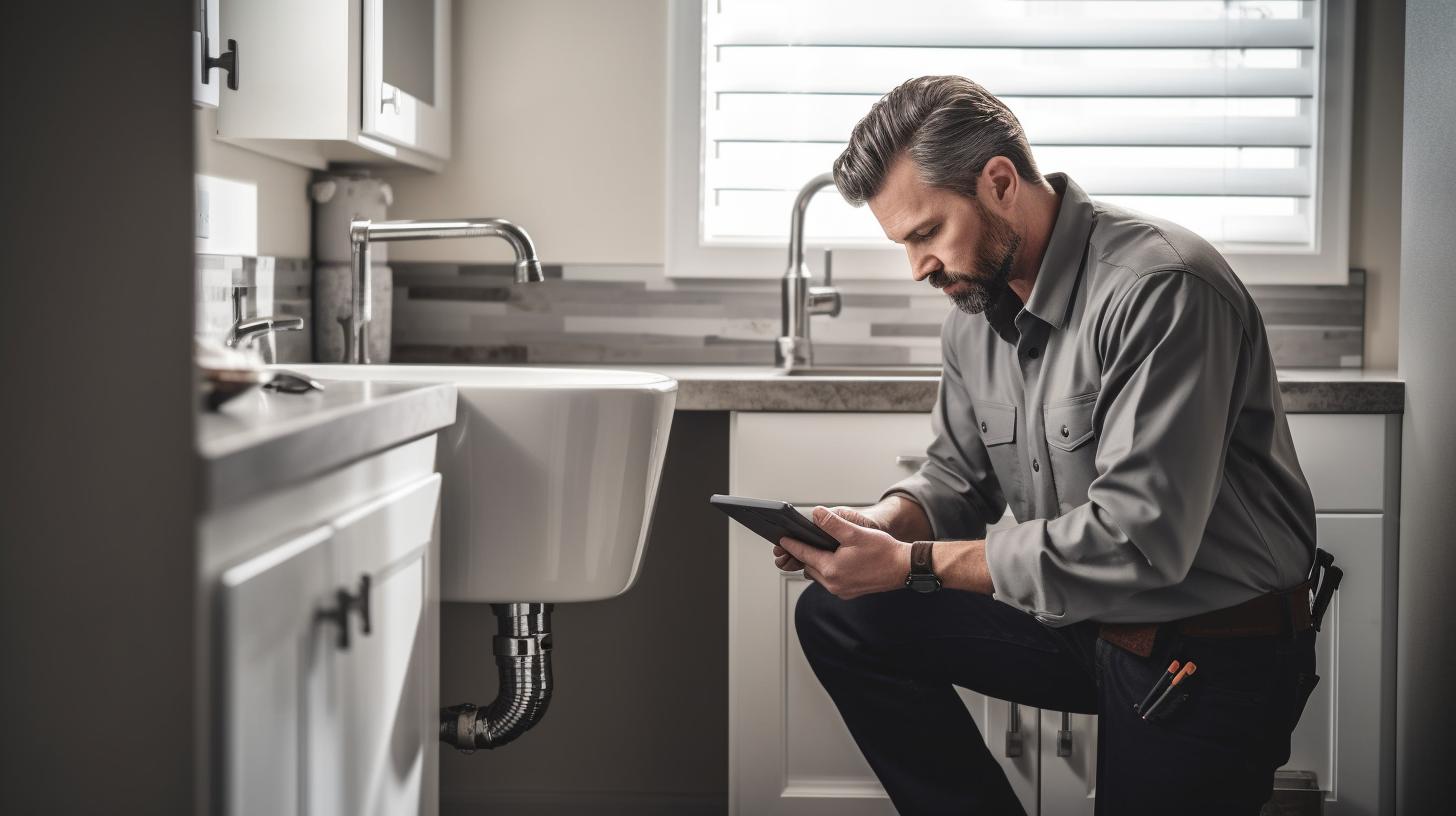
Are you fed up of dealing with clogged drains in your home or office? Are you interested in learning how to avoid future blockages and maintain the cleanliness of your drains? Here, we’ll discuss some tips and tricks to ensure well-maintained drains. We will also provide reasons why it is important to employ professionals from Local Blocked Drains Sydney for the job.
Key Takeaways
- Common causes of blockages in drains include hair and soap scum accumulation, food waste stuck to grease, toiletries flushed down the toilet such as baby wipes and feminine hygiene products cotton swabs or dental floss, and tree roots growing into pipes in the outside of the house.
- Use a strainer or hair catcher above the drain to stop food waste or hair from running down the drain.
- Be sure you properly dispose of your kitchen trash by dumping food scraps into the trash bin or compost bag instead of rinsing them into the drain.
- Conduct regularly scheduled maintenance cleansing by pouring boiling water slowly into your shower, sink or tub drains, at least once a week when they’re relatively clear.
- Make equal portions of vinegar and baking soda, then pour it into the drain’s opening. This is a natural way of de-greasing accumulation on the walls of sewer pipes that create blockages. Take 30 minutes to wait, then pour hot water down the drain.
- Contact Local Blocked Drains Sydney for help with regular maintenance of sewer systems, septic tanks or pipes that are outside of the house to make sure they’re operating properly and efficiently.
- Avoid using chemical drain cleaners because they can harm your pipes and affect the environment.
- Avoid flushing non-decomposable items like cotton swabs, paper towels dental floss, feminine hygiene products down the toilet, as this can result in costly repairs to sewers and septic tanks.
- Be aware of unusual smells emanating from drains. Also, watch for the slow drain, the sound of gurgling or other unusual activities that could indicate a clogged drain that needs immediate attention.
Common Causes of Drain Blockages
Before we go into the best practices and rules, it’s vital to know the reasons behind drain blockages at the beginning. Here are some of the most common causes:
- Soap scum and hair buildup in the bathroom drains
- Food waste stuck to grease the buildup of kitchen drains
- Toiletries that get flushed down the sink such as baby wipes, female hygiene items, floss for teeth, or cotton swabs
- Tree roots becoming pipes outside of the house
These elements can cause severe damage when not taken care of. However, there are ways to tackle each of them and keep your drains running effortlessly.
Dos
1. Make use of a strainer or hair catcher
A hair catcher or strainer fits neatly over your drain and stops food or other waste from draining. Make sure you clean the drains regularly.
2. Be sure to properly dispose kitchen waste
Food scraps can be tossed into the compost bin or garbage bag, rather than flushing them down the drain. Rinse dishes using hot water when washing up.
3. Conduct regularly scheduled maintenance cleaning
Each week, pour boiling water slowly into your bathtub, shower or bathtub drains once they’re reasonably clear. This will keep build-up of material from clogging the drain altogether.
4. Use baking soda and vinegar.
Mix equal parts baking soda, vinegar (usually half a cup each) then slowly add it to the drain opening for a natural way of de-greasing blockages that build up on the pipe’s walls that can cause blockages. For 30 minutes, wait and pour hot water into the drain.
5. Call a professional
Engage a professional plumber like Local Blocked Drains Sydney to perform regular maintenance of septic tanks, sewer systems, or pipes that are outside your home to make sure that they function properly and efficiently.
Don’ts
1. Avoid using chemical drain cleaners.
Chemical drain cleaners can cause harm to your pipes over time. They can could also cause harm to the environment. They may also be hazardous when used in conjunction with other products for cleaning.
2. Don’t flush non-decomposable items into the toilet.
Do not flush non-decomposable materials in your toilet, such as paper towels, cotton swabs and dental floss as well as feminine hygiene products since they won’t break down naturally and will instead result in costly repairs to sewers or the septic tanks.
3. Don’t ignore warning signs
If you observe unusual drainage smells, the sound of gurgling, slow drainage or any other unusual behavior, it could indicate an unclean drain that needs immediate attention.
| Do’s | Don’ts |
|---|---|
| Use a strainer or hair catcher | Use chemical drain cleaners |
| Properly dispose of kitchen waste | Flush non-decomposable items down the toilet |
| Perform regular maintenance cleaning | Ignore warning signs |
| Use baking soda and vinegar | |
| Call a professional like Local Blocked Drains Sydney for help |
FAQs
When should I clean my drains?
It is recommended that you cleanse your drains at least every six months to a full year. If you notice slow drainage or a foul odor emanating out of your drains, you need to act as soon as possible.
Which are the best DIY ways to clean my drains?
There are a variety of home remedies you can try including pouring boiling water down the drain, making use of vinegar and baking soda or using a plunger. But be aware of the substances and materials you put down your drain and avoid anything that could cause damage or harm to your plumbing system.
How can I avoid future obstructions in my drains?
Regular cleaning of the plumbing will aid in preventing future blockages. Avoid flushing foreign objects down the toilet, regularly scrub hair off of shower drains and install a sink strainer to catch food waste before it goes into the drain.
When should I call an experienced plumber?
When you’ve tried DIY methods but still experience slow-moving drains or clogs it’s suggested to call an experienced plumber for evaluation as there may be some underlying issues that require to be addressed.
My drains are always clogged Could this be an indication of a bigger issue?
The frequent clogging of drains could indicate more serious issues, such as tree roots infiltrating pipes or collapsed pipes in the plumbing system. In these situations it is recommended to call an experienced plumber such as Local Blocked Drains Sydney who can assess the problem properly and recommend the most effective course of action.
In the end, maintaining healthy drains is essential for any workplace or home. You can implement these tips today to avoid blockages in the future and allow your drains to flow freely. Be aware that professional help is only a call at a moment’s. For more information on our plumbing services such as unblocking drainage pipes CCTV drain inspection pipe relining and general plumbing maintenance, contact Local Blocked Drains Sydney at # ###-###-#### or visit our website for more details. [(click here)] (https: //www. example.com/)
Additional Information
- Common Drain Cleaning Mistakes You Need to Avoid
- Why Jetting is the Best Solution for Your Blocked Drain Woes
- The Importance of CCTV Drain Inspections in Preventing Expensive Property Damage
- Regain Your Drain Running Again with These Effortless Methods: Tips and Tricks
- The Professional Plumbers' Manual to Clogged Pipes
- Plumbing Relining: Everything to Expect and What it Functions
- The Benefits of CCTV Drain Inspection: Beyond Unclogging Pipes
- Prevent Blocked Pipes: Proven Tricks You Can Try Right Now
- Why You Should Choose CCTV Drain Inspection to Identify Root Infiltration in Your Plumbing System
- The DIY Guide: Clear Your Clogged Drains in No Time Flat


